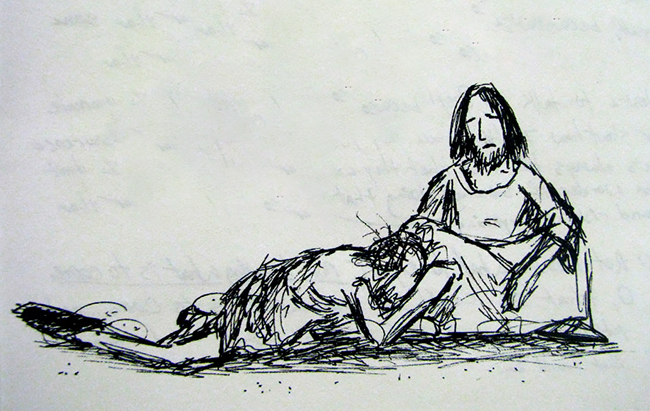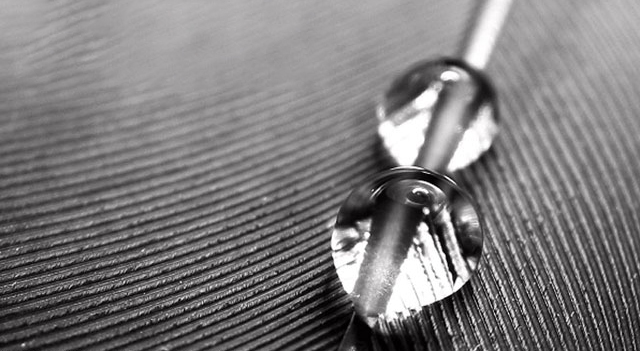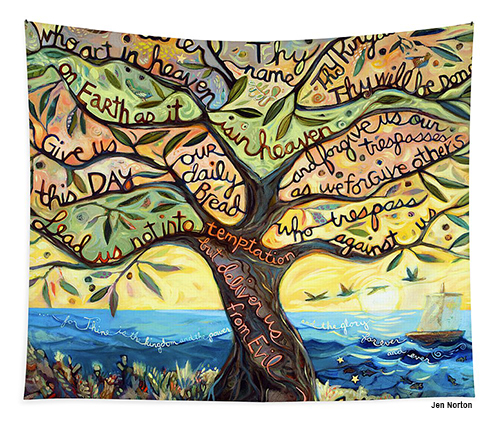
Saint John Paul II wrote that in a highly developed society such as ours, where everyone has enough to eat, where education and health care are available to all, and where a high level of social justice is being achieved, it is easy to lose sight of the Creator, from whose loving hands all things come. It is easy to love as if God did not exist. Indeed, there is a powerful attraction to such an attitude, for it might seem that acknowledging God as the origin and end of all things lessens human independence and places unacceptable limits on human action. But when we forget God, we soon lose sight of the deeper meaning of our existence; we no longer know who we are. Is this not an important part of the dissatisfaction common in highly developed societies? Bishop Barron writes that one of the most fundamental statements of the Christian faith is this: your life is not about you. This is not your project. Rather, you are part of God’s great design. To believe this in your bones and to act accordingly is to have faith. When we operate out of this transformed vision, amazing things can happen, for we have surrendered to “a power already at work in us that can do infinitely more than we can ask or imagine.”









